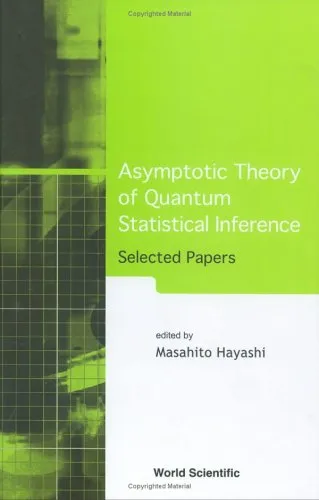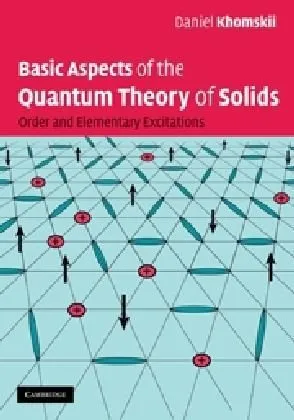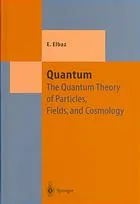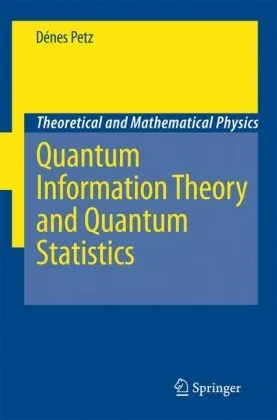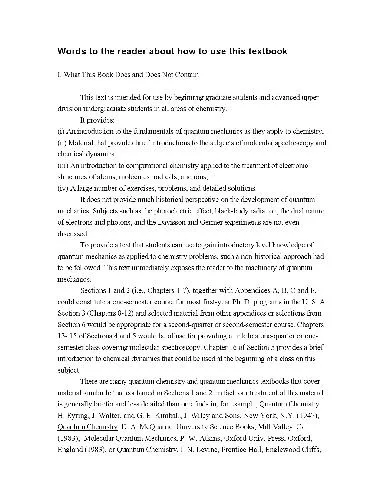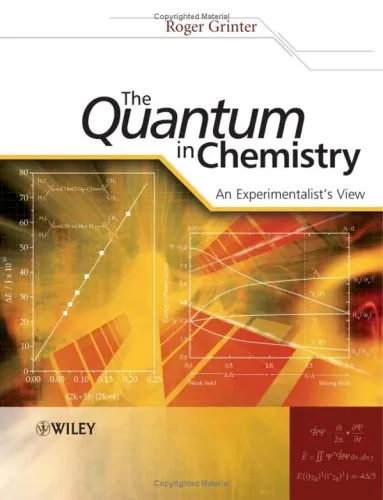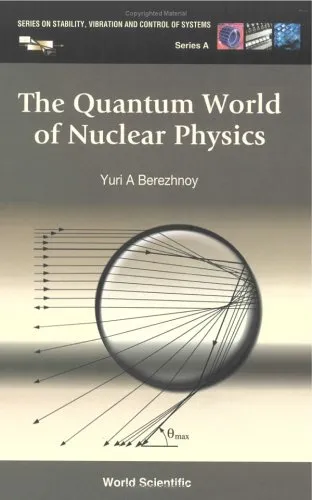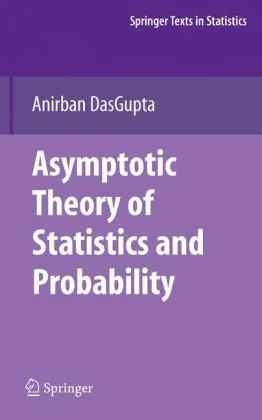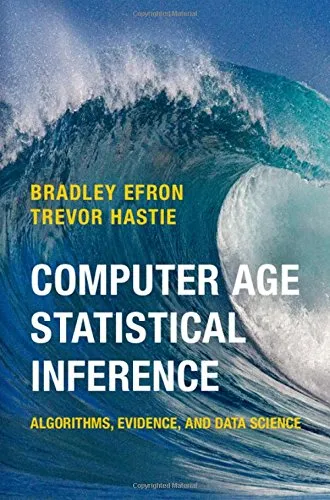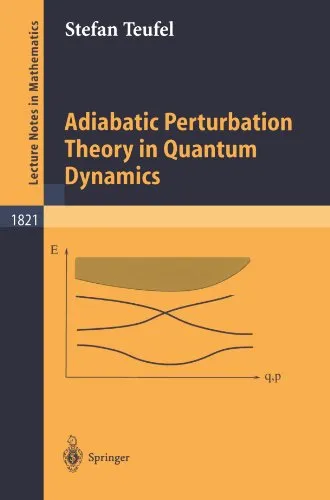Asymptotic theory of quantum statistical inference
4.0
Reviews from our users

You Can Ask your questions from this book's AI after Login
Each download or ask from book AI costs 2 points. To earn more free points, please visit the Points Guide Page and complete some valuable actions.Related Refrences:
Introduction to "Asymptotic Theory of Quantum Statistical Inference"
Quantum statistical inference lies at the intersection of quantum mechanics and statistical mathematics, offering a robust framework for analyzing data in quantum systems. In my book, "Asymptotic Theory of Quantum Statistical Inference," I explore the intricate relationship between quantum information and statistical methods. This book introduces essential mathematical tools, develops rigorous theories, and ultimately serves as a cornerstone for those engaging in deep studies of quantum statistics.
The growth of quantum computing and quantum technologies has necessitated a deeper understanding of the statistical principles governing quantum systems. In this book, I aim to provide researchers, mathematicians, and physicists with the asymptotic methods that allow for accurate predictions, efficient parameter estimation, and a deeper grasp of the quantum systems they strive to study and manipulate.
Detailed Summary of the Book
The book is divided into carefully structured sections, each building on the last to create a comprehensive resource for readers interested in quantum statistical inference. Below is a detailed summary of what you can expect from its content:
The first sections introduce the foundations of quantum statistical models, emphasizing key concepts such as quantum states, measurements, and density operators. The discussion provides a comparison between classical statistical inference models and their quantum analogs, highlighting the unique challenges and opportunities presented by quantum systems.
Next, the book delves into asymptotic theory. Here, I focus on the behavior of estimators and hypothesis tests in quantum contexts as the number of samples increases. Topics such as quantum Fisher information, quantum Cramér-Rao bounds, and statistical distinguishability between quantum states are explored in detail. These fundamental tools underpin much of modern quantum statistical inference.
A notable portion of the book also deals with quantum hypothesis testing. Both simple hypotheses (quantum binary tests) and composite theories (e.g., quantum multiple hypothesis testing) are analyzed. Practical scenarios, such as quantum state discrimination and testing entanglement of states, are discussed to connect mathematics with real-world applications.
Beyond hypothesis testing, I introduce quantum estimation theory where the task of estimating parameters of quantum systems under constraints is explored. This section builds extensively on asymptotics, offering insights into problems like efficient quantum tomography and dynamical parameter estimation in quantum systems.
Finally, advanced topics such as the local asymptotic normality of quantum statistical models, minimax bound theories, and quantum channel estimation are addressed, ensuring that the scope of this book extends well into the frontier of quantum statistical challenges.
Key Takeaways
- Understand the mathematical underpinnings of quantum statistical models.
- Learn about the asymptotic behavior of quantum statistical estimators.
- Master tools like quantum Fisher information and Cramér-Rao bounds in the quantum domain.
- Gain insights into state discrimination and hypothesis testing in quantum scenarios.
- Explore advanced concepts such as quantum channel estimation and minimax bounds.
Famous Quotes from the Book
"The intersection of quantum mechanics and statistics is not merely a mathematical exercise—it challenges our interpretation of measurement, uncertainty, and information itself."
"Asymptotic theory in classical statistics finds new life and complexity when extended into the quantum realm."
Why This Book Matters
The significance of "Asymptotic Theory of Quantum Statistical Inference" cannot be overstated in today’s rapidly advancing fields of quantum mechanics and quantum technologies. This book provides practitioners and theorists alike with the tools to approach quantum statistical problems rigorously, bridging a vital gap between theoretical mathematics and quantum science.
Given the nascent but expanding role of quantum computing, a detailed understanding of quantum data is critical to building efficient algorithms and interpreting complex systems' outputs. This book equips readers with precisely this knowledge, ensuring they’re prepared to navigate and contribute to the next wave of quantum advancements.
By focusing on asymptotic methods, I also provide a framework that remains versatile enough to adapt to a variety of contexts—from quantum engineering to foundational research in quantum physics. Whether you’re a graduate student entering the field or an expert in quantum theory, the insights contained in this book will enhance your ability to analyze and interpret quantum data with precision and confidence.
Free Direct Download
You Can Download this book after Login
Accessing books through legal platforms and public libraries not only supports the rights of authors and publishers but also contributes to the sustainability of reading culture. Before downloading, please take a moment to consider these options.
Find this book on other platforms:
WorldCat helps you find books in libraries worldwide.
See ratings, reviews, and discussions on Goodreads.
Find and buy rare or used books on AbeBooks.
1334
بازدید4.0
امتیاز0
نظر98%
رضایتReviews:
4.0
Based on 0 users review
Questions & Answers
Ask questions about this book or help others by answering
No questions yet. Be the first to ask!
